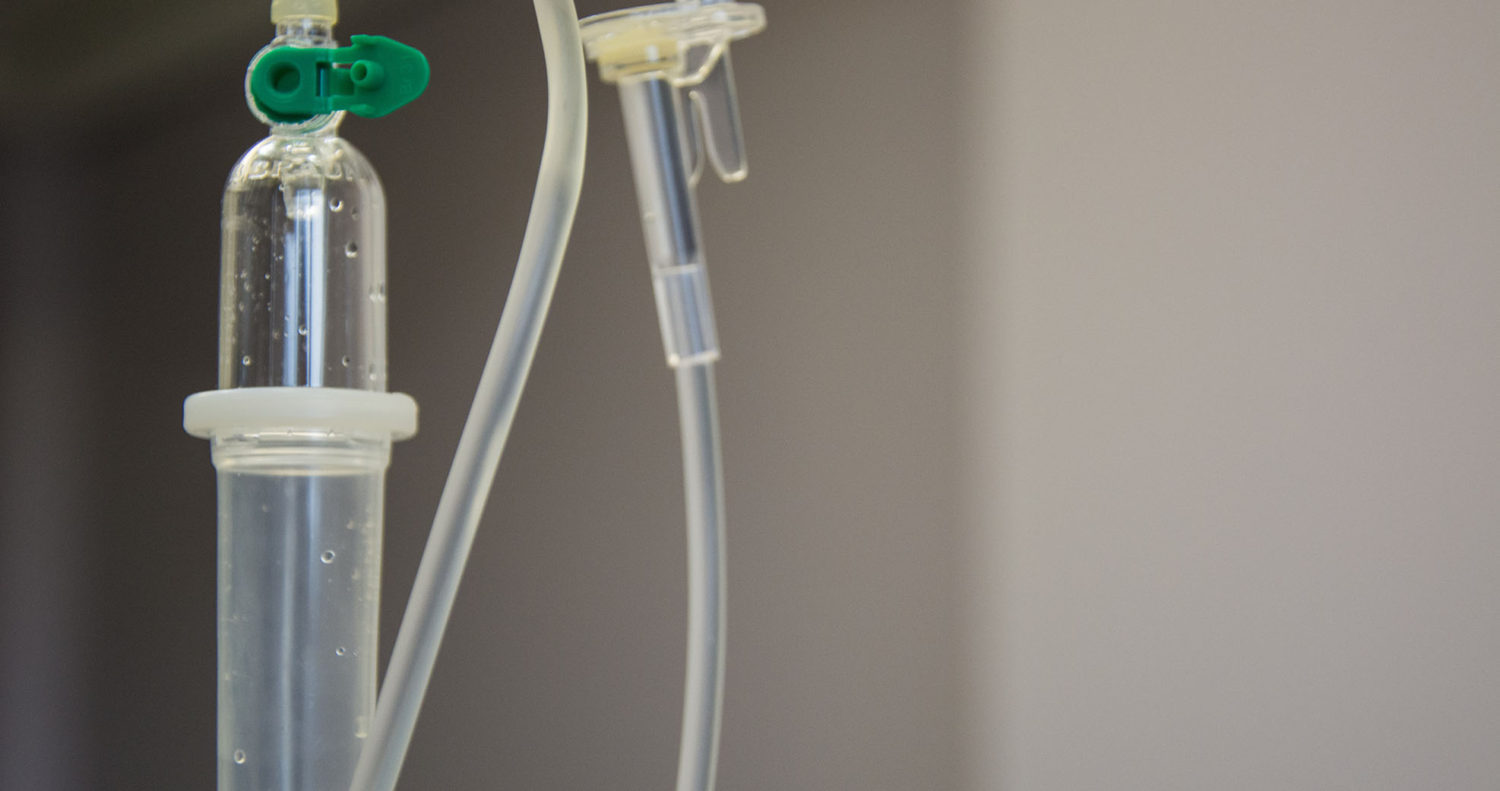Privatisation by stealth
A recent local scandal around the NHS PET-CT scanner service showed how small private contracts can cause large scale damage to the NHS, writes Liz Peretz.
In 2016 there was a national procurement exercise to put the contract for regional specialised cancer scanners in Oxford out to tender. The criteria for the contract were arranged by NHS England (NHSE). There was no look-in for the local population, local NHS Trusts, not even for the cancer service clinicians themselves at the Oxford University Hospitals (OUH) NHS Trust. The OUH NHS Trust was simply invited to tender alongside private firms and charities. The local Clinical Commissioning Group is not involved in procuring tertiary services and Oxfordshire’s Health Overview and Scrutiny Committee (HOSC) – which was contacted about it back in 2016 – didn’t respond. The NHSE’s gesture towards public accountability was a few weeks’ online consultation which few people were aware of.
Fast forward to early 2019 and local patients witnessed InHealth, a private company, become the ‘preferred bidder’ for the world-renowned Oxford cancer service. Clinicians appeared to have been bullied into silence by NHSE lawyers but faced with growing local outrage and a demand from Oxfordshire’s HOSC to be scrutinised, NHSE tried a slightly different tack. It tried to secure an arrangement where InHealth continues to sign and hold the contract for the PET-CT scanners but the OUH retains full control of them at the local hospital, and the clinicians who run the service remain OUH employees. (Patients from other areas such as Swindon and Milton Keynes would be offered an interim mobile scanning service provided by InHealth while local fixed scanners were ‘procured’).
It is important to pick up on these latest twists in the government’s privatisation agenda.
Our Oxford case may go to judicial review. We certainly think the criteria used for the tender process must be questioned as should the lack of consultation. In the meantime, our Labour and Co-operative MP, Anneliese Dodds, has been magnificent in her support of local campaigners – her recent letter to health secretary Matt Hancock was clear in its call for action.
But whether the judicial review happens or not, our story should sound alarm bells all over the country. Matt Hancock must be exposed for claiming there would be ‘No NHS privatisation on my watch’ and clearly, our case shows how toxic to the health of our NHS these tiny private contracts can be. We are headed towards a future where our services could be provided by a myriad of profit hungry firms that have drilled so many holes in the side of our NHS that it becomes ripe for a global firm takeover.
The privatisation attempt in Oxford highlighted a host of other implications for NHS service contracts:
- Contractual arrangements: how can InHealth hold a contract which it subcontracts back to the OUH NHSTrust, which is then answerable to NHSE who let the contract in the first place?
- Dismantling public scrutiny: by using national procurement routes, any local criticism can be effectively silenced.
- Draining the public purse into private profit: Analysis of recent figures reveals a 14 per cent rise in the amount of money going to profit-making companies over the past four years, up to a record £9.2bn in 2018-19, a rise of more than £1bn from the £8.1bn spent on private healthcare in 2014-15.
- ‘Poaching’ NHS trained staff: private companies like InHealth offer substantially higher salaries to existing staff contributing to an NHS ‘brain drain’.
- Removing local control of vital parts of services: thereby crippling NHS trusts with liabilities that are out of their control. Ongoing research from Southampton Keep Our NHS Public suggests these below-the-radar contracts for tertiary services with firms like InHealth are one of the main contributory factors to trusts not breaking even simply because the private firms can’t deliver on their promises.
The Labour party’s national policy forum consultation on health and social care ended in June. As part of the consultation and in response to the NHS PET-CT scanner scandal, the Oxfordshire Socialist Health Association and local CLPs submitted a response that called for:
- adequate resourcing
- the end of privatisation of all kinds
- health and social care to be free at the point of need and funded through general taxation
- proper training, recognition and pay for social care and health staff
- integration along care pathways that recognises the importance of funding
- care and support as well as treatment and emergency services
- real local accountability built into governance at all levels so people don’t end up without a voice in decisions made behind closed doors.
We need a Labour government. And we need one whose first priority is to take all vestiges of the private out of care at the same time as increasing the level of resources and reversing the poisonous Health and Social Care Act. All eyes on Labour party conference 2019 will help firm up our policy.

